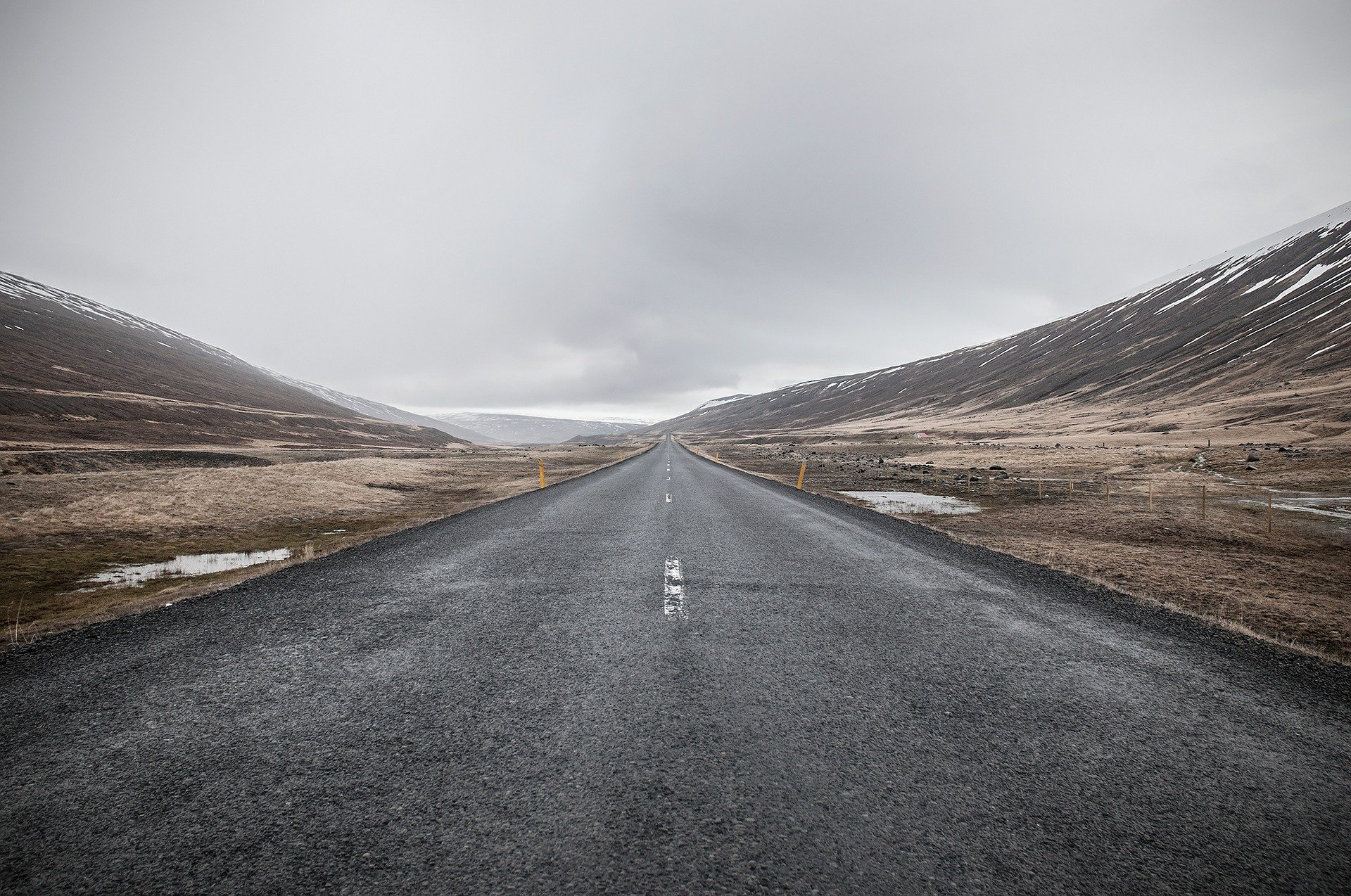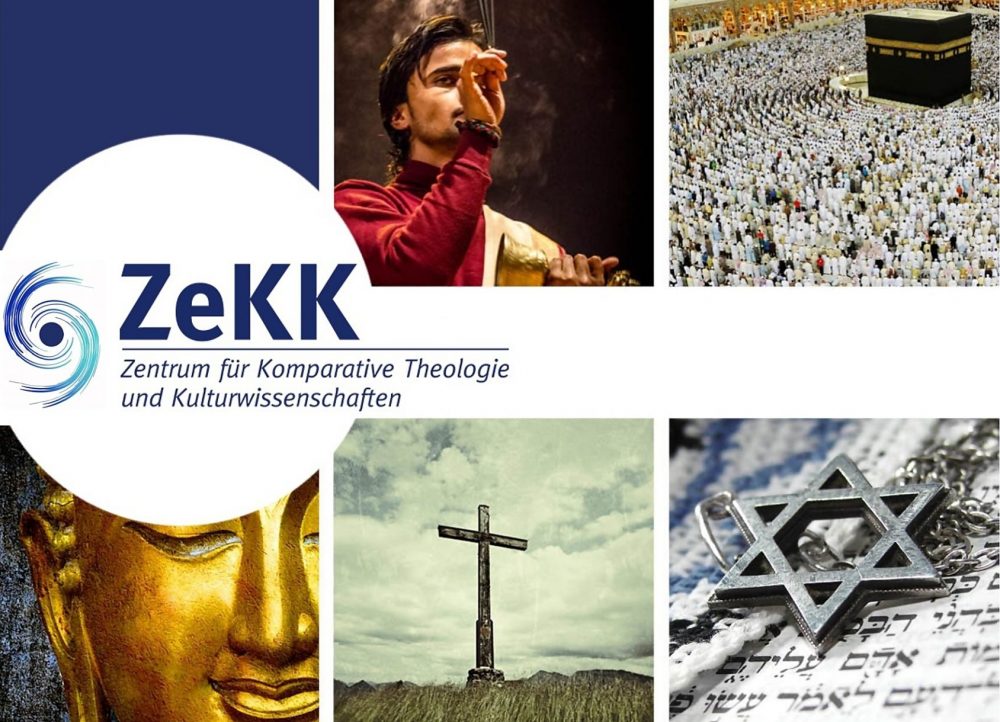The last encyclical of Pope Francisco, “Fratelli Tutti”, comes out at a time, when religion has once again been brought to the fore, and as often in a manipulated form; once again to be harnessed for political interests. The world seems to be headed towards a “clash of civilizations”, in which “religion” plays an important role in fueling the aggressive discourse of cultural, national, ethnical and even racial superiority.
In the US, a travel ban is being issued, which is, in essence, a “Muslim ban”, seeking to bar “them” from entering the land. In India laws are issued – encouraged by some religious-nationalist tendencies – which by implication can divest Muslims in this country of their citizenship. In France, in reaction to a crime committed by someone “in the name of Islam”, the president holds an outright negative position against this religion as a whole, and declares it to be “a religion which is experiencing a crisis today, all over the world” and urges the need to build an “Islam des Lumières” (Islam of Enlightenment). That leads to a harsh reaction by the Muslims worldwide and fuels again, and much stronger, the anti-Western sentiment, bringing the Turkish president to openly attack his French counterpart.
The world seems to be on the verge of a big clash, in which “religion” seems to play an important part. For Muslims like me, who live in the West, such an atmosphere of resentment on both sides, is even more bitter, if not alarming. Not just because we would either way have to be paying for this – by one side being stigmatized as “Muslim” by the other as “Westernized” – but mostly because we can see how much this crisis is deep-rooted in misunderstandings and misconceptions. That the problem basically lies in the lack of sympathy and recognition for the “other”. Only if, for a second, we could stop selfishly and arrogantly, seeing the world from our own sole perspectives, if we would stop understanding the world exclusivistically, many apparently big problems would easily disappear. I, as a “Muslim” in the “West”, who has sympathy with both sides – since due to my placement between the two “worlds” can share both perspectives – can realize this; i.e. that the core of the matter is the lack of “recognition” and “sympathy” on both sides. And this, and just this is the root of all evil; the source of misunderstandings and thus the “clash” of civilizations/ worlds.
Right at this moment comes Pope’s encyclical, calling all humans, brothers and sisters – and not in faith, but in humanity. And for the first time in the Christian history, I, as a Muslim, feel addressed and recognized by a papal document – which was not even felt by “Nostra Aetate”. In this piece of document, he not only openly regards the Grand Imam of al-Azhar as an inspiration to his encyclical and mentions him often times, but also refers subtly to some Islamic concepts and to the qur’anic verses. For instance, when he begins his appeal with the qur’anic motif-phrase of “In the name of God”, or when he announces in the that very appeal: “In the name of innocent human life that God has forbidden to kill, affirming that whoever kills a person is like one who kills the whole of humanity, and that whoever saves a person is like one who saves the whole of humanity”. [1]
Yes! Realizing the fact that we are created but from a single soul/ self/ person/ breath [2], we can appreciate that we are much more united and interdependent than we think. This fact is nowhere more highlighted than in “religions”. Therefore, just as religions can sharpen differences and lead to the dead-end of dialogue, they can also help us out of this impasse. The choice is ours!
[1] Resonating the Quran 5: 32: “That is why We decreed for the Children of Israel that whoever kills a soul, without [its being guilty of] manslaughter or corruption on the earth, is as though he had killed all mankind, and whoever saves a life is as though he had saved all mankind”.
[2] Qur’an 7: 189.

Saida Mirsadri ist Doktorandin am Zentrum für Komparative Theologie und Kulturwissenschaften in Paderborn.
